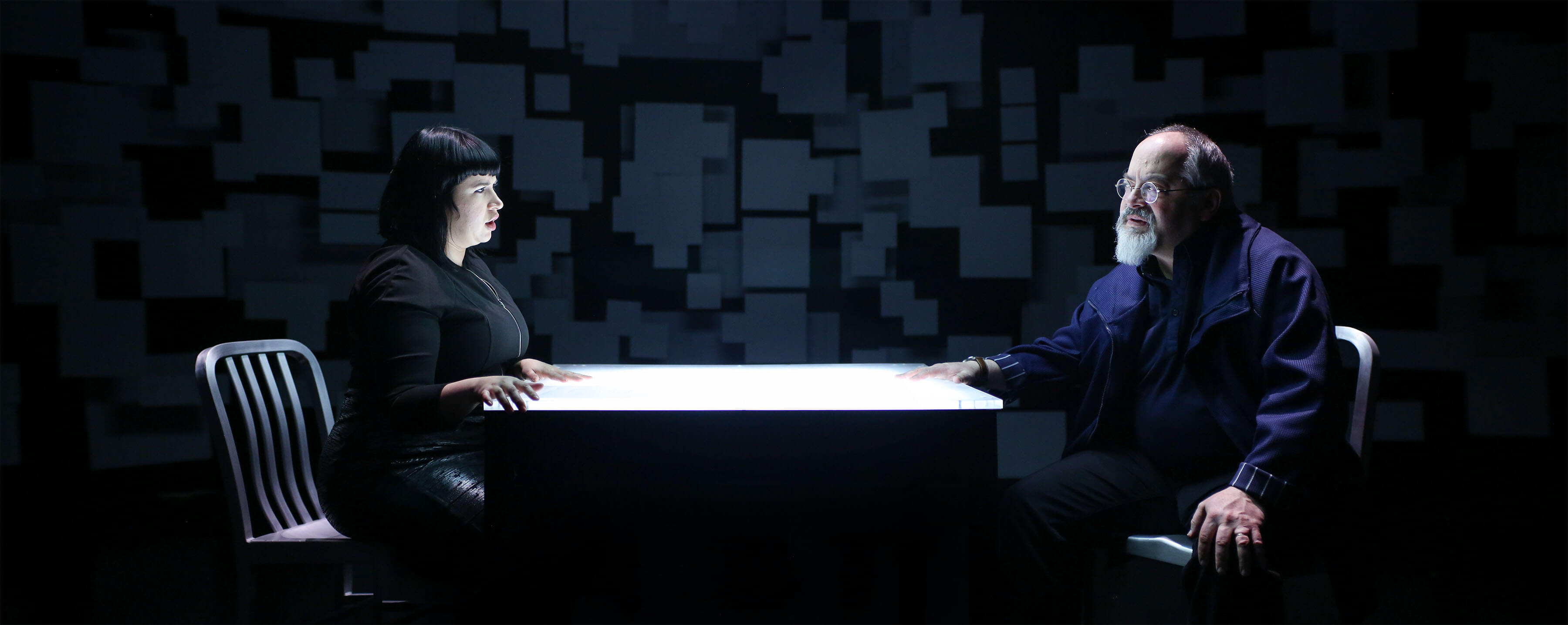
TRIGGER WARNING: Mention of pedophilia.
When I was seven years old, my family got our first computer. It was positioned right next to my turtle, Matilda, who smelled like shit. My Dad told me she ran away while he was supposed to be watching her in the front yard, but he really took her to a nearby park and left her there. I believed this story until I was 16. ANYWAY. My parents knew NOTHING about computers and they still don’t; there was a complete lack of internet etiquette and appropriateness in my home growing up. So much so that we had to have a sit down with my Dad a few years ago when he gave a STRANGER from Words with Friends our home address, so they could send us a Christmas card… you never think you need to give the internet safety talk to your parents – that could be a whole other blog post.
I digress. A year after said computer entered our lives, at eight years old I got The Sims, a life simulation game where you make avatars and control all aspects of their daily life. Early on I learned the cheat code “rosebud” and was BALLIN’. I built mansions with incredible detail, bought my Sims frivolous cars and clothing, and I also killed them. I would fill a room with wooden tables, light fireworks, take the door away, and watch them burn alive. I would build a pool, put the Sims in the pool, take away the ladder used to enter and exit the pool, and then watch them drown. Yeah dude, it was dark.
Not long ago I was talking with my sister (who is much more rule-abiding than I am) who played this same game. I was joyfully reminiscing about how I would murder these virtual characters I had made, assuming everyone had done the same. She looked at me like I was fucking crazy and told me she never did those things. So why did I do this, and she didn’t? I think it is because even at age eight, I could feel the rush of virtual actions without repercussions.
When looking at The Nether, Jennifer Haley has crafted a world where there is possibility to live outside of consequence; an examination of morality in a virtual reality. It’s an idea that is so cutting edge, I struggled to find concrete facts about it in my research. People have speculated about what could happen when VR becomes affordable and accessible to the masses, but nothing has been proven – we will undoubtedly see this all unfold during our lifetime.
I think it will come as no surprise to most of us when we see all this new technology that’s made at rapid speeds around us be used for immoral things – content for sexual proclivities that have been deemed illegal, internet hacking and thievery, and purchasing of illegal substances are only a few examples. The list is quite long.
With this in mind, how do we have this conversation about morality in a space that is not concrete or “real” by some standards? Bobbin Ramsey, our fearless director, has made it very clear that by using pedophilia, something that is condemnable, heinous, and unacceptable by all standards, in the play as the impetus for the Hideaway (the virtual, interactive world the characters go to), it doesn’t ask whether or not pedophilia is wrong. It becomes about exploring morality in the age of the internet, how to be intimate in a virtual world, and how to govern said world.
When I first started researching this play I was dead set on never feeling an ounce of empathy for pedophiles. But now, on the other side of my research, I know that the term pedophile is not synonymous with criminal.
Studies show that one to five percent of all men experience attraction to children, but a much smaller percentage of this group will act on their impulses. There are many people who know that their interests in children are wrong, and it sickens them. But where can they get help when most therapists won’t see them? Why would they reach out to a therapist about these urges when the therapist is legally obligated to report them to Child Protective Services?
In the play, the character of Sims constructs the Hideaway as a place to act out his sexual perversions toward children knowing that no innocent child offline will be hurt. But is the Hideaway helping people with these same impulses or legitimizing their behavior offline even though every user in the Hideaway, guest and child, is a consenting adult?
The show Westworld on HBO offers a similar look at living outside of consequence just as this play does but in a Wild West fantasy where you can fuck, murder, and torture anyone you want with zero repercussions. When you arrive at the park, you have to make a decision of which cowboy hat you would like to accompany your Western outfit. The white hat? Or the black hat? To be good? Or bad?
So, who will you decide to be? Good? Bad? Kill your Sims? Not kill your Sims? Because offline at the end of the day, you’re the one who has to live with yourself, your actions, and the consequences that accompany them all.
To quote Shakespeare via Westworld: “These violent delights have violent ends.”